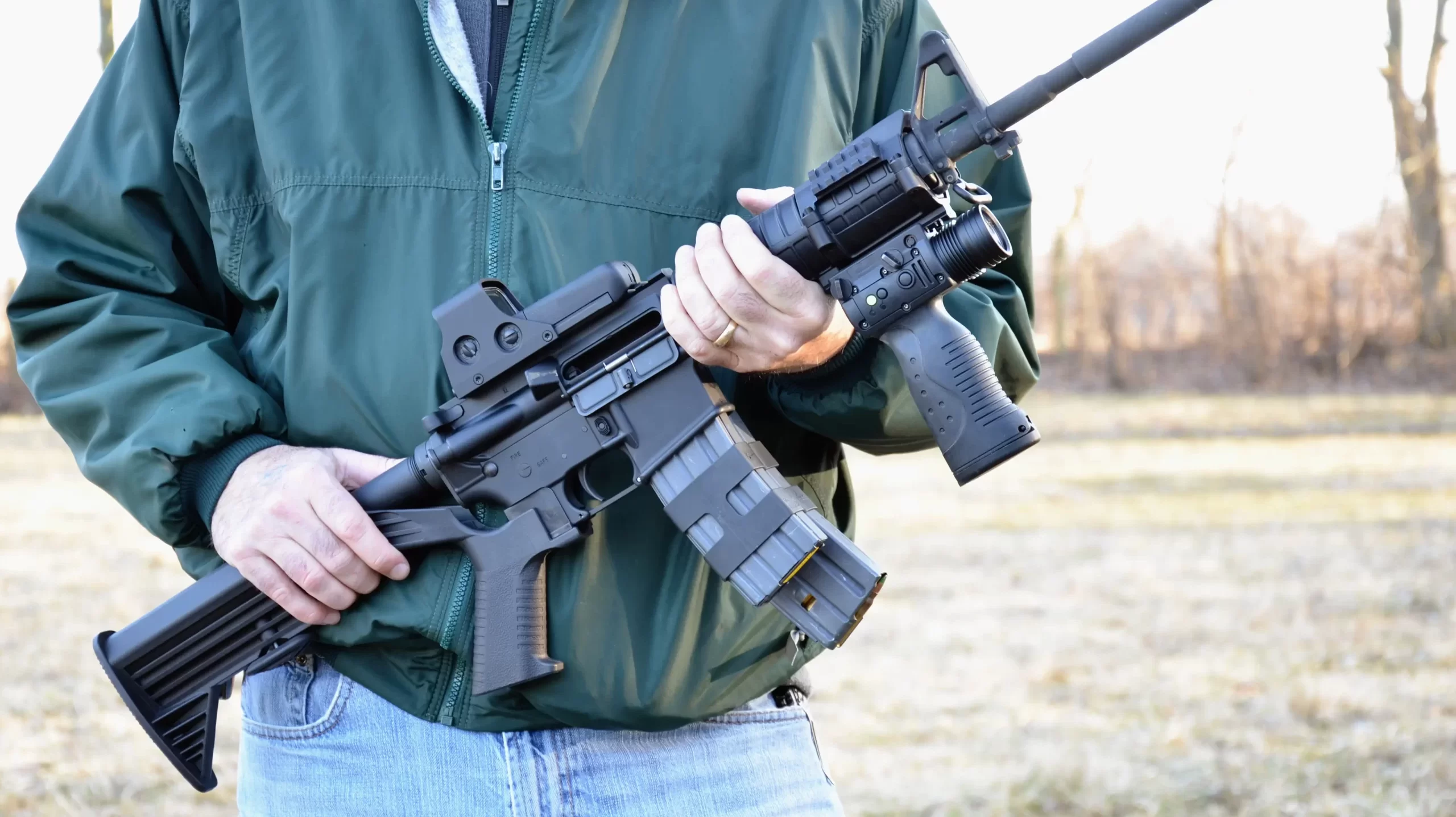|
Getting your Trinity Audio player ready...
|
Last week, the Supreme Court ruled in a 6-3 decision that the Trump administration’s 2017 ban on bump stocks exceeded the Bureau of Alcohol, Tobacco, and Firearms’ statutory authority.
The Trump administration’s ban followed the deadly 2017 Las Vegas shooting, where 60 people were killed by a shooter utilizing bump stocks. Bump stocks are devices attached to semiautomatic firearms which use the momentum from recoil to rapidly engage the trigger hundreds of times a minute.
In the majority opinion, Justice Clarence Thomas wrote that semiautomatic weapons with bump stocks “cannot fire more than one shot ‘by a single function of the trigger,’” and said the ATF “exceeded its statutory authority by issuing a Rule that classifies bump stocks as machine guns.”
In a dissent, Justice Sonia Sotomayor strongly disagreed with the majority’s interpretation, accusing them of “[casting] aside Congress’s definition of ‘machine gun’ and [seizing] upon one that is inconsistent with the ordinary meaning of the statutory text and unsupported by context or purpose.”
“When I see a bird that walks like a duck, swims like a duck, and quacks like a duck, I call that bird a duck,” the justice wrote. “A bump-stock-equipped semiautomatic rifle fires ‘automatically more than one shot, without manual reloading, by a single function of the trigger.’”
In Alabama, state Rep. Phillip Ensler, D-Montgomery, has been one of the primary proponents of gun reform legislation in the state legislature. In the 2024 legislative session, he introduced four bills regulating firearms. All four failed to pass, with three dying in committee.
Two, HB36 and HB48, dealt specifically with prohibiting “any part or combination of parts designed or intended to convert a firearm into a machine gun.” Both HB36 and HB48 referenced 26 U.S.C. § 5845, the federal law defining machine guns around which the court’s decision revolved. Ensler introduced both bills on January 12.
In a statement responding to the Supreme Court’s ruling, Ensler said his “legislation in Alabama only deals with modifications to pistols” and that the “court’s decision focused on the technical aspects of who is the proper entity to enact such a ban.”
While HB36, as Ensler claimed, only applies to parts intended to turn a pistol into a machine gun, HB48 has no such restriction. Per the text of the introduced legislation, HB48 would have applied to all firearms.
However, as Ensler also pointed out, the Supreme Court’s “ruling does not impact the existing federal ban on trigger activators.” Other types of devices used to convert weapons into machine guns remain federally illegal.
Ensler said that “as a lawyer focused on constitutional rights, I am supremely confident that a trigger activator ban under Alabama law is constitutional and not at all affected by the court ruling.”
“I recognize that laws alone will not save every life from gun violence,” Ensler concluded. “But they can save some lives and for that reason we must have the moral courage to act and still pass a state-level ban on pistols converted into machine guns.”
Ensler plans to reintroduce his gun reform laws in the 2025 legislative session.




















































